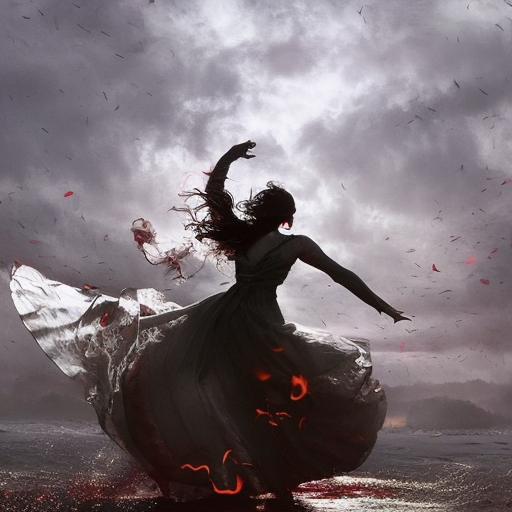Gone with the Wind (1939): A Timeless Epic of Love and Survival
Main Cast and Crew:
- Director: Victor Fleming
- Writers: Sidney Howard (screenplay), Margaret Mitchell (novel)
- Main Actors: Clark Gable as Rhett Butler, Vivien Leigh as Scarlett O’Hara, Leslie Howard as Ashley Wilkes, Olivia de Havilland as Melanie Hamilton, Hattie McDaniel as Mammy
- Music Director: Max Steiner
- Director of Photography: Ernest Haller
- Producers: David O. Selznick
Gone with the Wind is a sweeping historical drama set against the backdrop of the American Civil War and Reconstruction era. The film follows the headstrong and manipulative Scarlett O’Hara (Vivien Leigh) as she navigates love, loss, and survival in the face of adversity.
Scarlett, a wealthy Southern belle, is infatuated with Ashley Wilkes (Leslie Howard), who is engaged to her cousin Melanie Hamilton (Olivia de Havilland). Despite her relentless pursuit of Ashley, Scarlett finds herself drawn to the charismatic and roguish Rhett Butler (Clark Gable). As the war breaks out, Scarlett’s world is turned upside down, and she must learn to adapt to the changing circumstances.
The plot unfolds through a series of key events, including Scarlett’s marriage to Melanie’s brother, Charles (Rand Brooks), her struggles to maintain her family’s plantation, Tara, and her desperate attempts to win back Ashley’s affection. Along the way, Scarlett’s relationships with Melanie, Rhett, and her loyal maid, Mammy (Hattie McDaniel), evolve and shape her character.
Central Themes and Motifs:
Gone with the Wind explores themes of love, survival, and the consequences of one’s actions. Scarlett’s journey serves as a microcosm of the South’s struggle to adapt to a changing world. The film also delves into the complexities of race and class during this tumultuous period in American history.
The motif of survival is prevalent throughout the film, as Scarlett repeatedly demonstrates her resilience and determination to protect herself and her loved ones. The theme of love is explored through Scarlett’s tumultuous relationships with Ashley and Rhett, highlighting the complexities of desire and the consequences of pursuing one’s desires at any cost.
Reception and Legacy:
Upon its release in 1939, Gone with the Wind received critical acclaim and became an instant box office success. The film was praised for its epic scale, stunning cinematography, and memorable performances. It went on to win eight Academy Awards, including Best Picture, and remains one of the most beloved and influential films in cinematic history.
The legacy of Gone with the Wind extends beyond its critical and commercial success. The film has had a lasting impact on popular culture, influencing subsequent historical epics and shaping the way audiences perceive the American South during the Civil War era. It continues to be celebrated for its grand storytelling, iconic characters, and timeless themes.
Recommendation:
Gone with the Wind is a must-watch for fans of epic historical dramas. Its captivating story, breathtaking visuals, and stellar performances make it a cinematic masterpiece that has stood the test of time. However, viewers should be aware of the film’s portrayal of race and its historical context.
Memorable Quote:
“Frankly, my dear, I don’t give a damn.” – Rhett Butler












